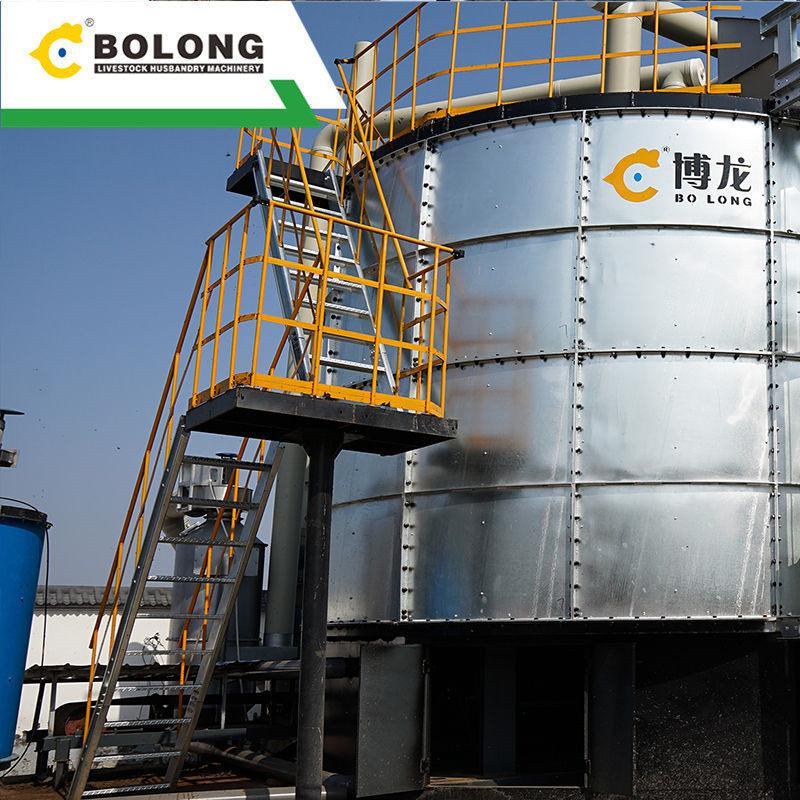
2010/1/1/ · The strain TD46 produced 28.85 g l–1 of LA from non-autoclaved kitchen waste in 48 h of fermentation at pH 5.5~6.0, which was 75.1 % higher than that of the spontaneous fermentation without
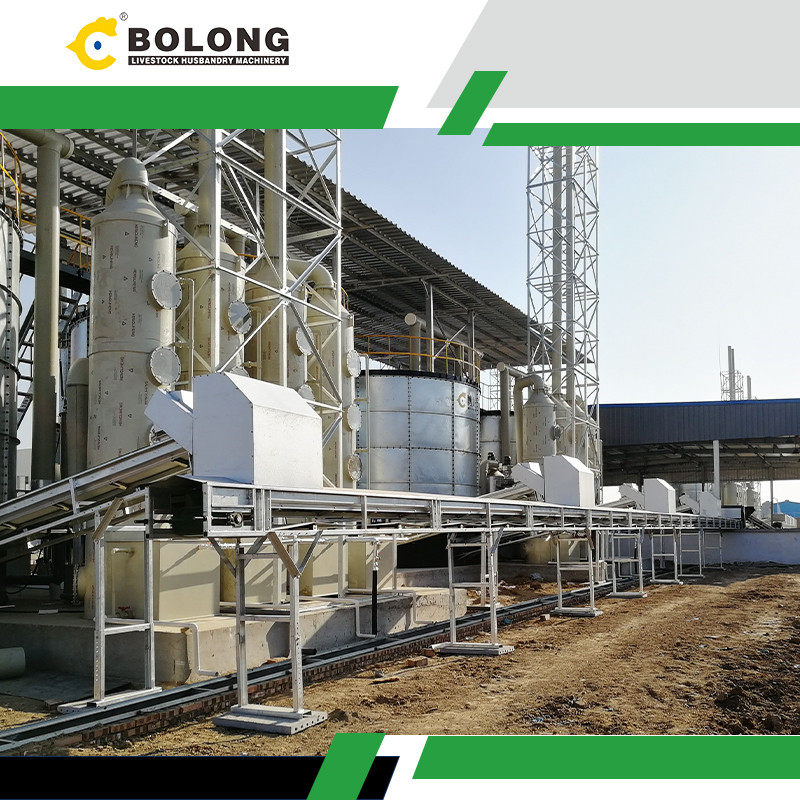
2022/4/1/ · In this study, we explored the pathways and mechanisms of nitrogen (N) transformation driven by functional microbes carrying key genes in an ex situ fermentation system (EFS). Temperature and N content were found to be the most important factors driving variation in bacterial and fungal communities, respectively; Bacillus became the
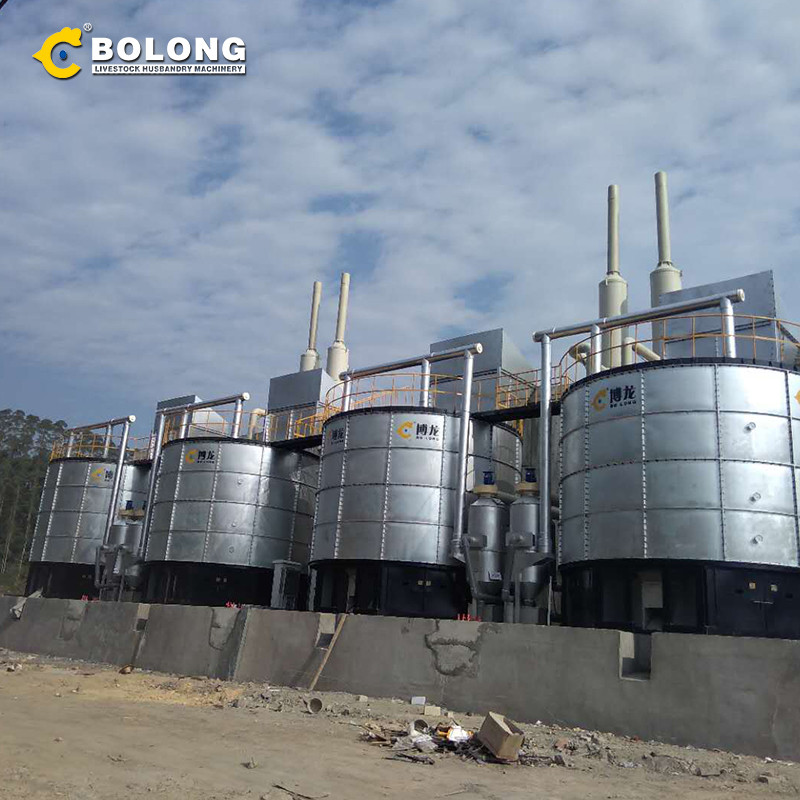
2023/9/24/ · To speed up decomposition, you can use organic materials and proper aeration techniques. By adding green (nitrogen-rich) and brown (carbon-rich) materials to your compost pile, you provide the necessary nutrients for microorganisms to break down the organic matter more rapidly. Additionally, regularly turning or mixing the compost pile
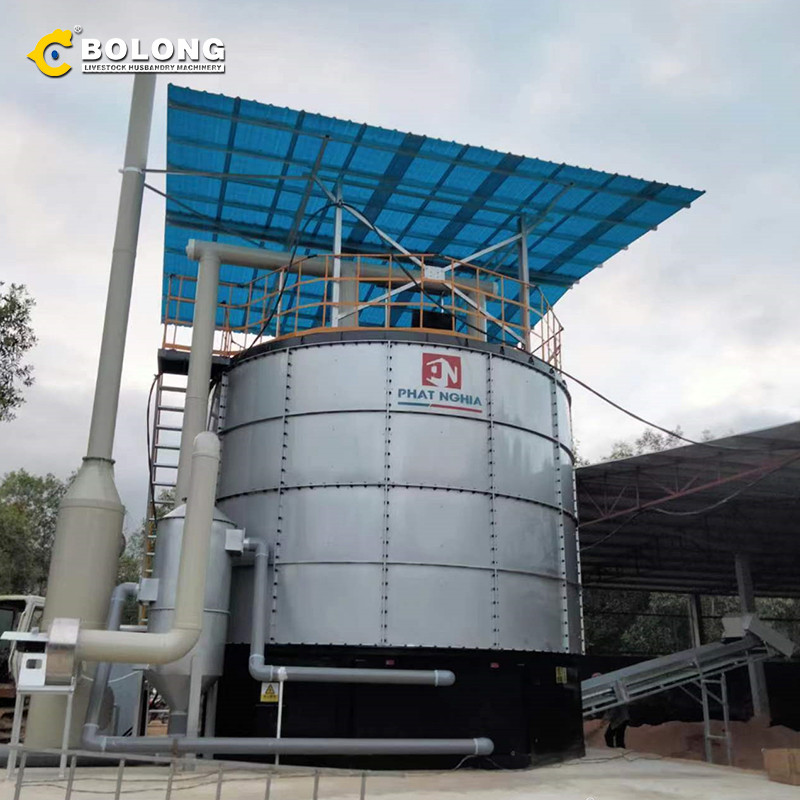
2024/6/1/ · To determine the total concentration of bacteria in the fermentation system, 16S rRNA gene-based qPCR was performed. (95.22 %), FBG (89.92 %), and EBG (66.25 %) in descending order. The first 24 h was the rapid fermentation stage for the four polysaccharides. BBG and EBG were degraded during this period, whereas YBG

Energy recovery from food waste through anaerobic digestion is an important pathway for municipal waste treatment and renewable energy development. Slow methanogenesis and inhibition risk derived from accumulated volatile fatty acids are two technical challenges in anaerobic digestion of food waste. In this study, a novel system combining anaerobic

2021/5/1/ · This straw ratio was conducive to the rapid fermentation of compost, and the ratio of carbon to nitrogen in the mixture was 27.8:1. The compost site was set up at the Foshan Institute of Agricultural Sciences of Guangdong Province in China (23°32´16´´N, 112°51´25´´E), where the average annual temperature and
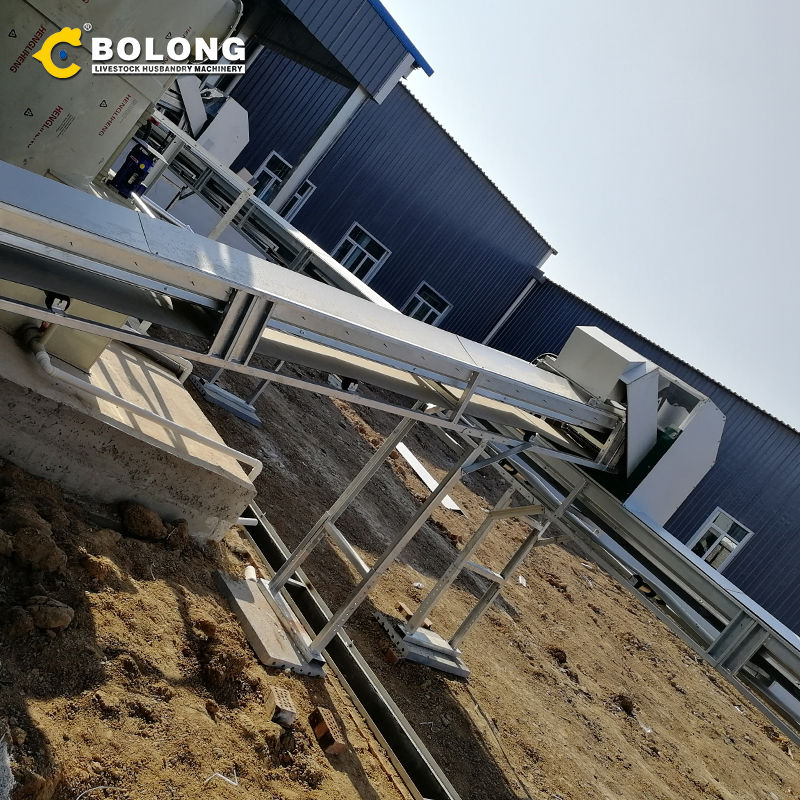
2023/8/23/ · Hyper-thermophilic fermentation of organic waste using YM ultra-thermophilic microorganisms. The organic matter component of livestock carcasses can be composted through decomposition under aerobic conditions (Fig. 1).YM microorganisms react with oxygen via aeration to decompose dead bodies, and anabolic reactions
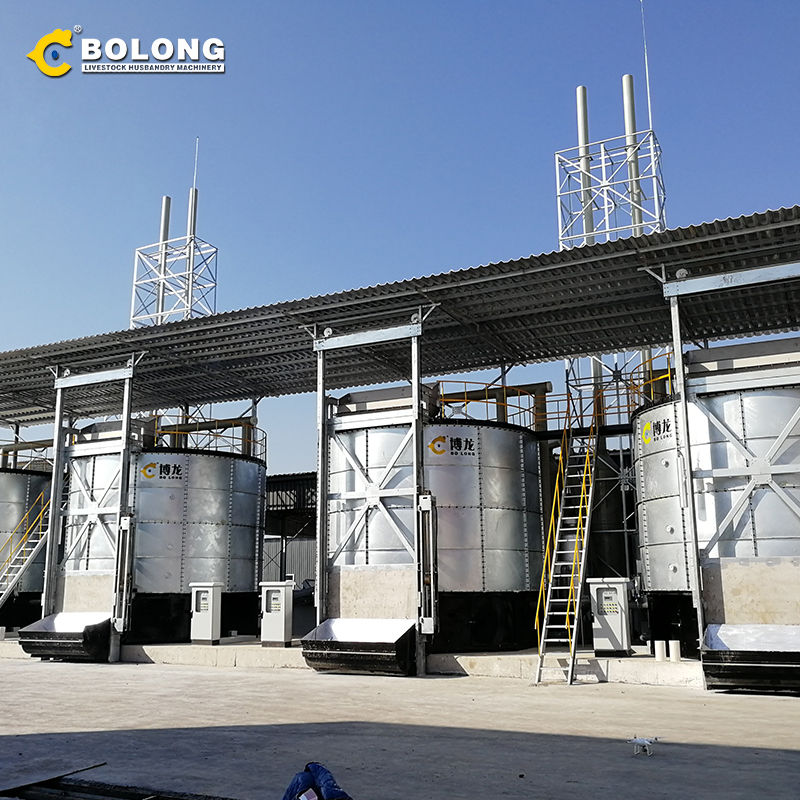
2023/9/21/ · Experimental design. The straw decomposition test was carried out by nylon mesh bag layered in situ incubation method, and rice straw was cut into 5 cm lengths to simulate the state of straw after
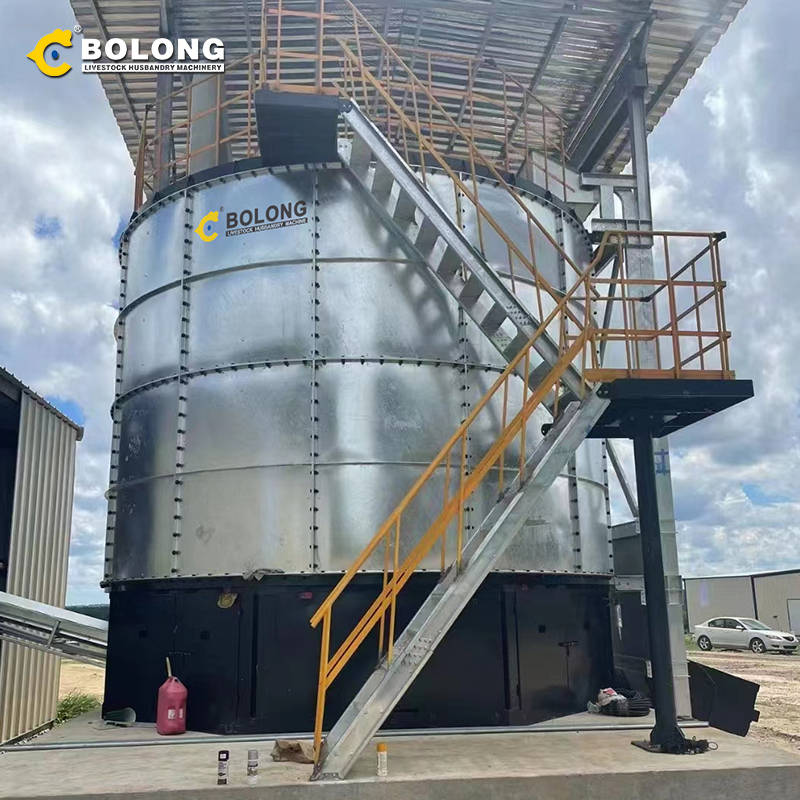
2015/12/1/ · As fermentation process proceeded, more reaction unit was generated, which keep in consistent with the conclusion of Fig. 5. Furthermore, carbon dioxide generated by aerobic respiration of microorganisms was easily removed by the movement of food waste, merging into the air flow in the upper part of the reaction chamber, with more
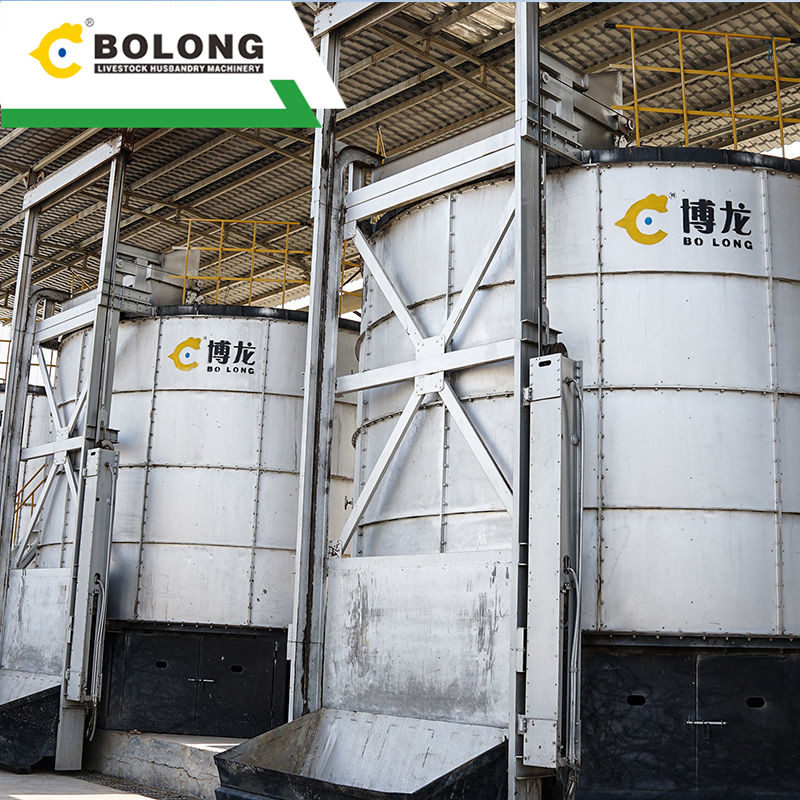
2020/12/1/ · Additionally, the cellulolytic system of the former was fourteen folds improved using the selected operational conditions in CBP, and ethanol yield was equal to the fermentation of simple monosaccharides [61]. Glucose uptake and ethanol production in flasks experiments revealed a difference between both strains.

2023/3/27/ · It is generally believed that about 70% of CH 4 is generated from the decomposition of acetic acid during anaerobic methanogenesis, The rapid growth of acid-producing bacteria leads to an excessive ... "A Review on the Interspecies Electron Transfer of Methane Production in Anaerobic Digestion System" Fermentation 9, no. 5:

2019/4/25/ · Radar signal recognition is an indispensable part of an electronic countermeasure system. In order to solve the problem that the current techniques have, which is a low recognition rate and a slow recognition speed for radar signals, a rapid accurate recognition system is proposed, especially for when multiple signals arrive at

Proteobacteria, Bacteroidota and Firmicutes, as the typical functional phyla in anaerobic fermentation system, were highly enriched in the different nitrate photolysis pretreatment groups. The enrichment of Proteobacteria peaked at 33.0 % in 150N-UV group, increased by 7.6 % and 8.7–15.7 % than Control and other nitrate photolysis groups.

2021/7/1/ · Microbial electrolysis cells use bio-electrochemical reactions to upgrade H 2 production in a dark fermentation reactor by promoting further decomposition of the generated volatile fatty acids. Therefore, integrating microbial electrohydrogenesis with dark fermentation can be a promising strategy to optimize the straw biomass conversion to

2021/2/5/ · The emissions were concentrated in the initial stage mainly due to the rapid decomposition of nitrogenous organic substances and the instability of NH 4 +-N caused by high temperature. A large amount of NH 4 +-N accumulated on day 10, possibly due to the excellent degradation of antibiotics by the aerobic fermentation system (Qian et al., ...